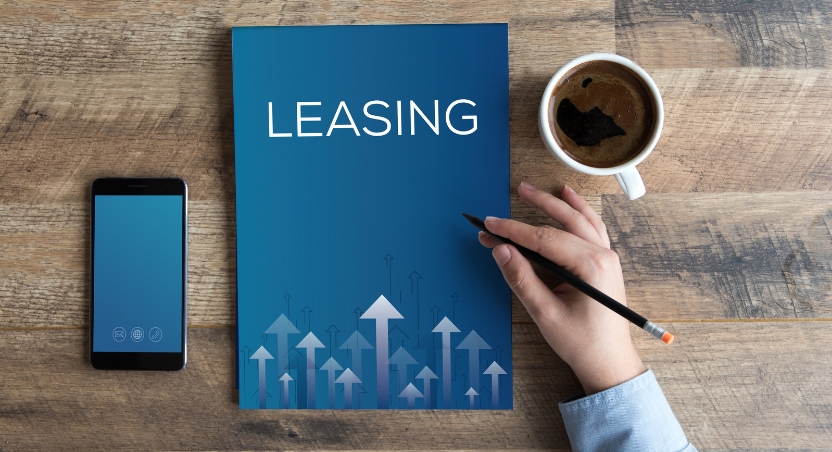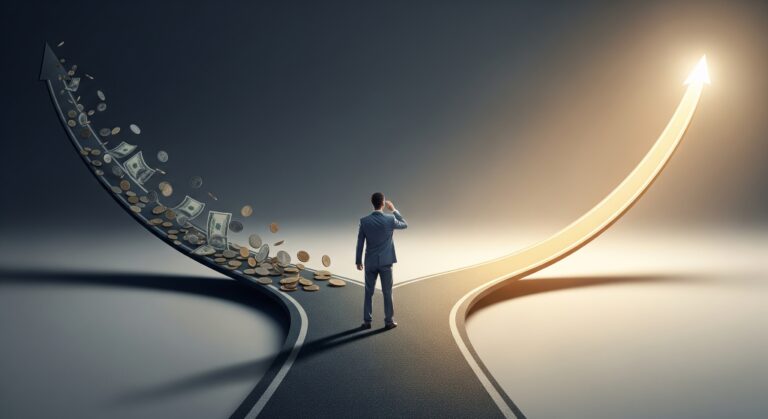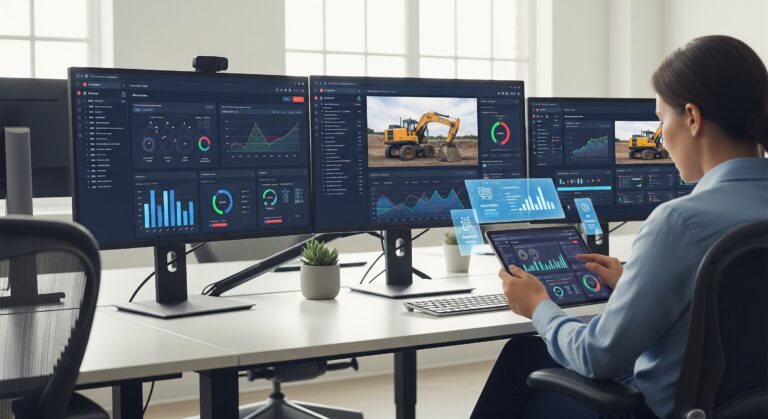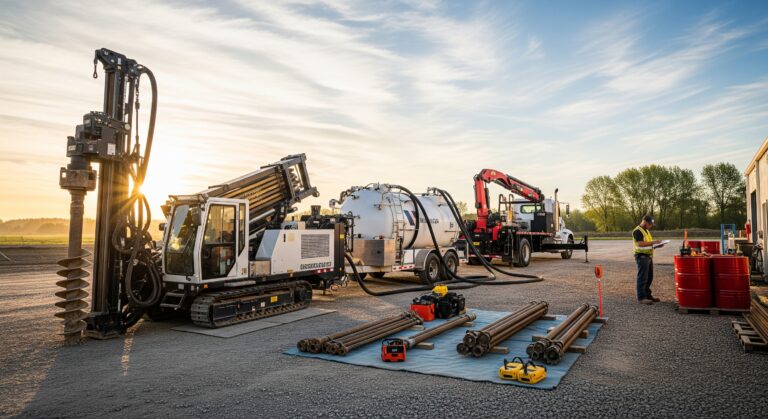When it comes to acquiring equipment for your business, the decision between leasing and buying is a significant one. Both options have their pros and cons, and the right choice depends on your business’s financial situation, growth plans, and long-term goals. In this post, we’ll break down the differences between leasing and buying equipment, helping you make an informed decision on what’s best for your business.
Leasing Equipment: Flexibility and Lower Upfront Costs

Leasing equipment offers businesses the flexibility to use essential machinery without the large upfront costs that come with purchasing. It allows you to conserve capital, keep cash flow healthy, and avoid tying up significant funds in assets that may become outdated.
Benefits of Leasing Equipment:
- Lower Initial Investment – Leasing requires little to no down payment, making it easier for businesses to get the equipment they need without draining cash reserves.
- Flexibility for Upgrades – With a lease, you’re typically able to upgrade your equipment at the end of the lease term. This is especially valuable in industries where technology and equipment evolve rapidly, allowing your business to stay competitive without the burden of owning outdated machinery.
- Tax Benefits – Lease payments may be deductible as a business expense, providing potential tax savings depending on the structure of your lease.
- Predictable Payments – Leasing allows businesses to budget more effectively, as payments are typically fixed, helping with long-term financial planning.
Leasing is ideal for businesses that need access to state-of-the-art equipment but prefer not to commit to ownership. It’s also a solid option if you’re operating in an industry with rapidly changing technology.
Buying Equipment: Long-Term Investment and Ownership

Buying equipment outright provides your business with ownership, meaning once you’ve paid off the equipment, it’s yours to keep. This option is best suited for businesses that want to use equipment for an extended period and are looking for a long-term investment.
Benefits of Owning Equipment:
- Ownership & Equity – When you purchase equipment, it becomes an asset on your balance sheet. Over time, it can appreciate in value, providing your business with equity. You also gain the ability to resell the equipment or use it as collateral for future financing.
- No Ongoing Payments – Once the equipment is fully paid for, you no longer need to make payments, which can free up cash flow in the long term.
- Tax Depreciation – Businesses that buy equipment can typically claim depreciation over time, reducing taxable income and lowering your overall tax burden.
- Full Control & Flexibility – When you own your equipment, you have complete control over its use, maintenance, and resale options. There are no restrictions on how long you can use it or how you can modify it.
Buying could be the best option for businesses that have a steady cash flow and plan on using the equipment for many years. It’s also ideal if your business wants to keep ownership of the asset and benefit from long-term cost savings.
Which Option is Right for Your Business?

Choosing between leasing and buying depends on several factors, including the nature of your business, your financial health, and how often you need to upgrade your equipment. Here’s a quick rundown of which option may be right for you:
Leasing equipment might be the right choice if:
- You need access to high-quality, up-to-date equipment but don’t want to commit to owning it.
- You prefer lower upfront costs and predictable monthly payments.
- You want the flexibility to upgrade equipment regularly without being tied to outdated models.
- Your business relies on technology that changes rapidly and needs frequent updates.
Buying might be the right choice if:
- You have the capital to make a significant upfront investment and are prepared to hold onto equipment for the long term.
- You want to build equity and own your equipment outright.
- Your business can maintain or repair equipment in-house, extending its lifespan.
- You plan to use the equipment for many years and want to avoid paying for it multiple times through leasing.
How Mak Global Corp Can Help You Decide
At Mak Global Corp, we understand that the decision to lease or buy equipment is not always straightforward. That’s why we offer flexible financing solutions tailored to your business’s unique needs. Whether you’re interested in leasing or buying, we can guide you through the process to ensure that your business has the equipment it needs to succeed based on decades of experience.
If you’re unsure whether leasing or buying is the best move for your business, consult with Mak Global Corp for personalized recommendations based on your business goals.
Conclusion: Making the Right Choice
Leasing and buying equipment each come with distinct advantages depending on your business’s needs. Leasing offers flexibility and lower upfront costs, while buying provides long-term ownership and potential tax benefits. Ultimately, the decision depends on your financial position, your industry’s demands, and how long you plan to use the equipment.
If you need assistance navigating the leasing or buying process, or want to explore our equipment lease programs, reach out to us and talk to an equipment leasing broker today. We’re here to help your business secure the best flexible equipment financing solutions available.
Disclaimer: This content is for informational purposes only and does not constitute financial, tax, or business advice. Always consult a professional before making any major financial or business decisions.





